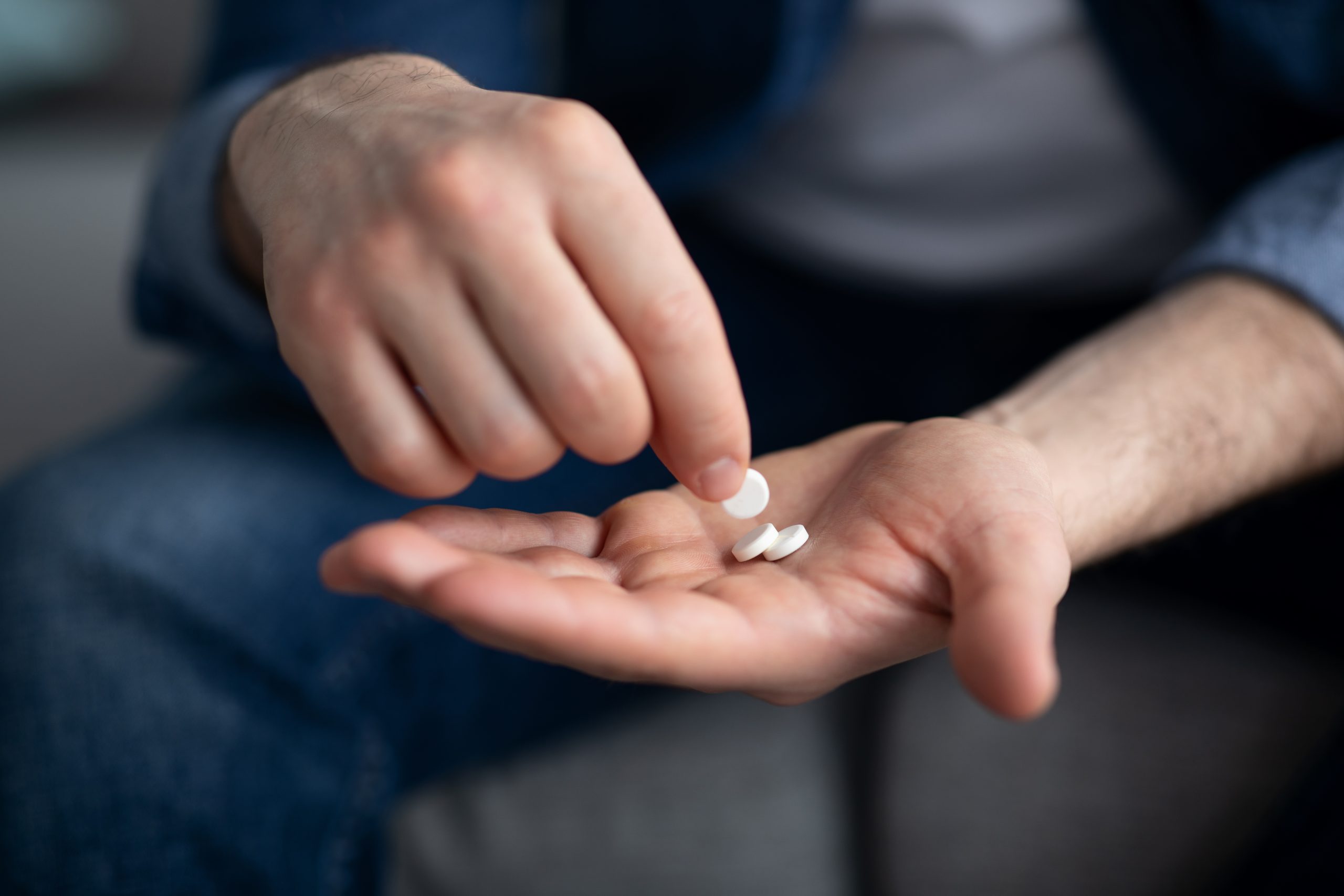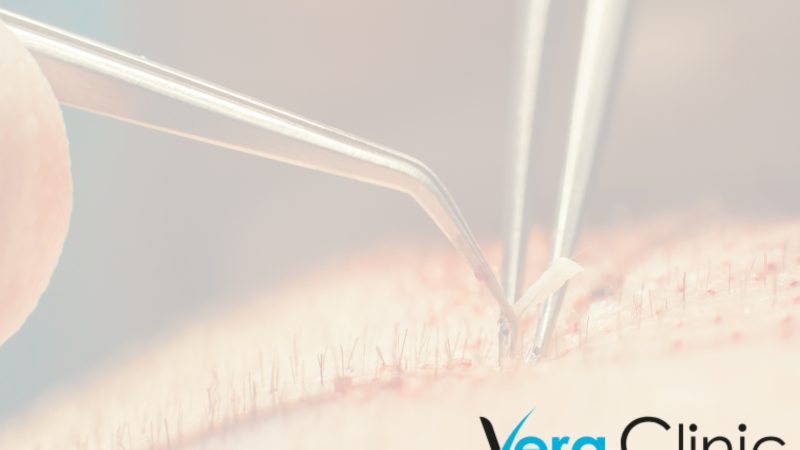Rising to the Challenge – The Latest Developments in Impotence Treatment

Challenges offer us an opportunity for growth and change, the chance to learn faster than our competition, and then apply that knowledge more efficiently. Rising to the Challenge could be your ticket to becoming a world leader in your field. Read on to discover more about the newest developments in impotence treatment can be seen here italianafarmacie24.
1. Reversal of impotence
Erectile dysfunction (ED) is a widespread medical condition affecting millions of men worldwide. Fortunately, there are various treatments available for it, from drugs and natural treatments to non-invasive surgery.
My Facebook friends quickly confirmed that many men are interested in the topic but struggle to locate reliable informational sources. Fortunately, my colleagues have put together the best of the bunch into one attractive infographic to share with you.
One important tip when browsing through this list is to take the big picture into account before diving into details. Doing so will enable you to decide what direction to take next and may also prevent some of the more embarrassing errors.
If you’re contemplating getting a second opinion, ask yourself if the doctor is an appropriate match or if another specialist would be better suited. Doing this can help avoid the endless cycle of office appointments and keep both your time and sanity intact.
2. Anti-seizure drugs
The most recent advances in impotence treatment include anti-seizure drugs. These medications work by blocking seizures, which are caused by abnormal electrical activity in the brain. They are effective for both partial and generalized seizures, plus they can even be given in emergency rooms to stop seizures before they start.
They come in various forms, such as tablets and capsules. Many of these drugs belong to the benzodiazepine class (which includes diazepam, lorazepam, and clonazepam), which have both anti-seizure and anti-anxiety effects.
These medications act on nerves by altering calcium channels or increasing the availability of inhibitory neurotransmitter GABA. They may be prescribed alone or combined with other epilepsy medications.
It is typically used as a short-term therapy for focal or generalized seizures, though it may cause sedation and weight gain.
Other side effects may include drowsiness and dry mouth. People with impaired kidney function should use lower doses of this drug.
The medication can also lead to liver toxicity and bone thinning, so it’s recommended that patients receive regular physical exams to check for rash or any signs of toxicology such as swelling or bruising.
If a patient experiences severe or sudden rash or any allergic reaction, they should contact their healthcare provider for advice promptly. These symptoms could be indicative of a potentially life-threatening condition like Stevens-Johnson Syndrome.
Certain anti-seizure drugs may increase the potential for suicidal thoughts or actions. If you are feeling depressed or suicidal while taking these medicines, speak to your doctor or counselor immediately.
Anti-seizure medicines are not for everyone and may cause side effects like drowsiness or dry mouth. Therefore, it’s important to use them sparingly and avoid alcohol while on these drugs.
3. Anti-psychotic drugs
Antipsychotic drugs are a class of medications used to treat people with psychosis (a mental health disorder). They may also be beneficial in treating dementia patients who exhibit changes such as aggression and psychosis, though these should only be used as a last resort.
Antipsychotics come in many forms. The classic ones, such as haloperidol (haldol), thorazine (chlorpromazine) and flupenthixol (Fluanxol), have been around for decades.
These drugs work by inhibiting the activity of certain brain chemicals, particularly dopamine and norepinephrine. They’re commonly prescribed to treat schizophrenia, bipolar disorder and other mental illnesses.
However, they can cause serious side effects in those taking them. One common adverse reaction is tardive dyskinesia – when someone’s hands or arms move out of control and involuntarily. This can create major issues for those taking these medications and prove disabling.
Second-generation antipsychotics (SGAs), also known as second-generation antipsychotics, have been developed and are being marketed. SGAs tend to have fewer extrapyramidal side effects than older antipsychotics such as clozapine, quetiapine, and olanzapine do.
SGAs may prove more effective than conventional antipsychotics at treating the symptoms of schizophrenia. They can be taken either temporarily or permanently, depending on your doctor’s recommendations.
SGAs may cause weight gain and an increased risk of metabolic syndrome. They also raise the likelihood of high blood pressure and other cardiovascular problems, including long QT syndrome – a heart rhythm disorder which could lead to death – as well as cause drowsiness and dry mouth.
4. Steroids
Steroids are a class of drugs used to treat various conditions, such as autoimmune diseases and growth disorders. In some cases, they’re even prescribed for severe cases of erectile dysfunction.
They are derived from testosterone, which naturally occurs in small amounts throughout the body. Synthetic estrogens (made from chemicals) or natural botanical sources may exist.
Steroids differ chemically based on the compounds they contain, but their core is composed of 17 carbon atoms bound together in a four-ring system. The number of functional groups attached to this ring structure can be altered drastically by adding or removing some atoms one at a time.
In certain circumstances, steroids may be administered to a patient in order to prevent an infection from developing. These infections often include urinary tract infections that are detected through periodic urine cultures.
Corticosteroids can also be used to reduce pain and swelling of the skin. They can be taken orally, injected, or applied topically with an eye drop.
Some individuals are sensitive to steroids and may develop Cushing’s disease, diabetes or high blood pressure while taking them.
Side effects can be minimized by altering the dosage or type of steroid. Always inform your doctor if you have any health concerns.
Your doctor can also advise you on how to cease taking steroids if necessary. Extending their effects for too long may result in withdrawal symptoms, which could prove hazardous.
Steroid use may cause dramatic mood swings, depression, aggression, manic episodes, paranoia, extreme irritability and delusions; they have the potential to lead to psychiatric disorders as well as other medical issues.
5. Natural remedies
Erectile dysfunction, also known as impotence, is a sexual issue that can be treated. It often presents as the first symptom of an underlying medical condition like diabetes or high blood pressure and may lead men to feel self-conscious about their sexual life. On the other hand, impotence could also indicate more serious medical conditions like heart disease or cancer.
Treatment of erectile dysfunction (ED) may involve lifestyle modifications, therapy, prescription medications, vacuum pumps and implants, surgery – although some men prefer natural remedies instead.
Natural remedies may help ease ED symptoms and boost libido, but they cannot replace clinically proven medication.
One of the most widely prescribed herbs for erectile dysfunction is ginkgo, which has been scientifically proven to increase blood flow to the penis. Furthermore, it helps produce nitric oxide–which dilates blood vessels and encourages an erection–by helping relax muscle groups around it.
Another herb that may help with ED symptoms is Panax ginseng, found in Asia. This plant has been used as medicine for centuries and may reduce symptoms of ED while improving sexual performance.
Yohimbine: For years, this bark from an African tree has been used as an herbal supplement to improve ED symptoms. Unfortunately, it has also been linked to side effects like anxiety or an irregular heartbeat.
Horny Goat Weed (epimedium): This plant may have substances that enhance sexual function and could be beneficial for people suffering from depression-related ED. However, it should only be taken under the supervision of a qualified healthcare provider.
There are many herbal and natural erectile dysfunction remedies available over the counter. Before trying any of them, speak to your doctor about potential risks and side effects.






